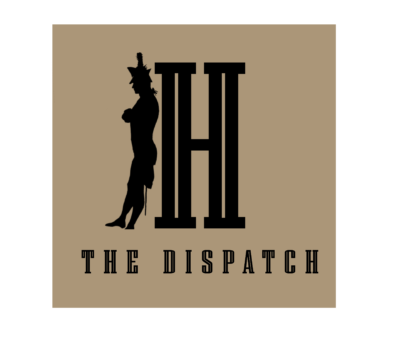While it looks for now as if Monday’s Wall Street sell-off was a momentary blip within the market’s steady recent ascent, questions remain as to the long-term growth of the global economy as the Delta variant of COVID-19 spreads and fears about inflation mount. With the pandemic seemingly resurgent or, in many countries, still ever-present, confusing signals in oil and bond markets, alongside numerous price indices rising faster than most economists had predicted, there has been robust debate among experts concerning the underlying economic health of the so-called ‘recovery’ from COVID-19.
Larry Summers, Secretary of the Treasury under President Clinton and the Director of the National Economic Council under President Obama who has been sounding alarm bells recently over the risks posed by inflation to a sound economic recovery, told CNN that the Biden administration needs to be circumspect about its plans for massive spending, stating:
We need a balance . . . The principles going forward need to be paying for spending, not just borrowing to spend, [and] targeting spending on high priority investments in the economy’s future potential . . . [In this moment] I would rather be playing the economic hand of the United States than that of any other country.
Nouriel Roubini, a senior economist at the Council of Economic Advisers (CEA) under Clinton and a senior adviser to Treasury Secretary Timothy Geithner under Obama was even more spooked by recent economic trends, writing even before the market dip on Monday that fiscal and monetary policies since the pandemic have been part of a larger, dangerous trend:
Years of ultra-loose fiscal and monetary policies have put the global economy on track for a slow-motion train wreck in the coming years.
On the other hand, Austan Goolsbee, Chair of the CEA under Obama, sees the recent increases in the Consumer Price Index as a result of only temporary issues in global supply chains, telling the New York Times:
If the virus rages back, the talk of overheating could be moot. But if temporary inflation is a sign that we are headed back to a growing G.D.P. with rising wages and plentiful jobs, what’s the scare in that?
With the threat of COVID far from extinguished and opinions varying widely about the health of the economy, what are your thoughts on the future of American and world economic recovery? How worried should we be about the specter of another global recession, this time one induced by stagflation?


